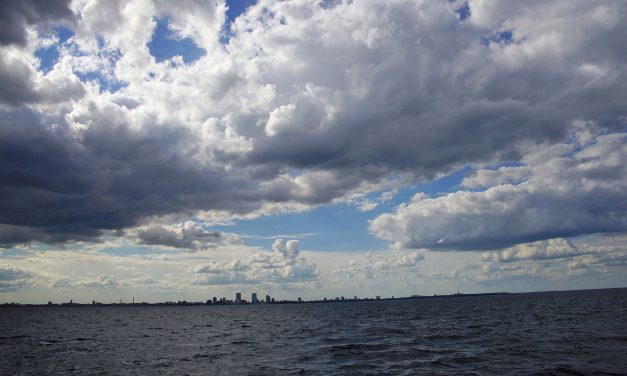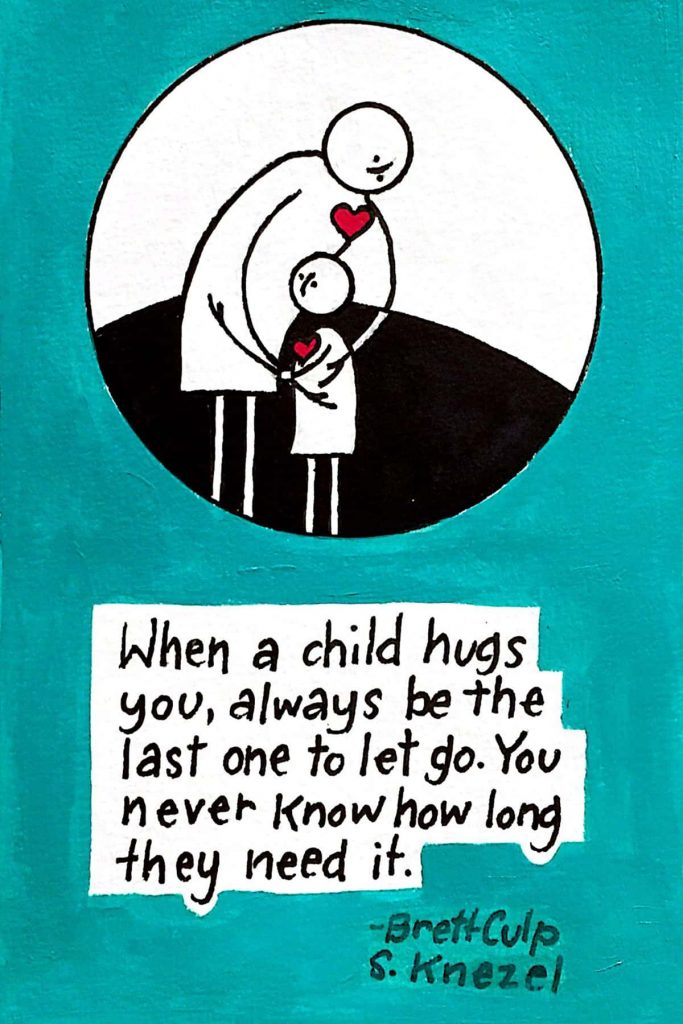When Colonial Americans faced sweeping lockdowns and mass inoculations to stop contagious diseases
By Woody Holton, Professor of History, University of South Carolina Many Americans of the founding era denounced government tyranny, celebrated the Declaration of Independence – and favored lockdowns and mass inoculations to combat a viciously contagious disease. Unchecked, smallpox kills more than one in 10 of its victims, leaving many of the rest blind, disfigured and sometimes sterile. Many historians say the reason George Washington never had children was his near-fatal bout of smallpox in 1751. The summer of 1776 was a time of crisis for the budding republic. A smallpox outbreak in the Continental Army killed hundreds. And...
Read More
















